Why Blackberry Will Fail In Lebanon
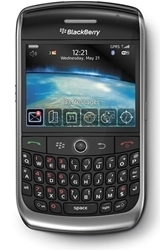 For the last one year or maybe more, Lebanese tech gadget geeks waited for the Blackberry to land in their country, and at last the service was announced by MTC Touch, one of the 2 local mobile service providers, these state owned companies that are monopolizing the lebanese market are operated by foreign companies.
For the last one year or maybe more, Lebanese tech gadget geeks waited for the Blackberry to land in their country, and at last the service was announced by MTC Touch, one of the 2 local mobile service providers, these state owned companies that are monopolizing the lebanese market are operated by foreign companies.
But the dream was soon demolished when MTC Touch announced its plan price which was way illogical in a country where Lebanese thought they are by far leading the technology knowledge in this part of the world.
The subscription cost is US$45/month including 20 MB of consumption (for local usage only). Extra usage is charged US$1/MB.
Compared to the service offered by Etisalat in the UAE (United Arab Emirates), you would pay in Dubai AED185 (US$50) for local unlimited data and AED295 (US$80) for unlimited local and international usage which compared to the lebanese plan, would let the consumer say, DUH am i screwed in my own country? Just for a real life example, I have a French friend living in Lebanon, he is simply using the Blackberry service from the UAE, and I am sure lots of other people are doing the same.
I have never been a Blackberry user, but I think that all Blackberry phones are not wifi enabled, which forces you to stay within the boundaries of the 20MB data you have per month, which is not really sufficient for a heavy user, even on just a simple work email account, in case we drop net browsing. (i read somewhere that Blackberry will be launching a wifi enabled phone in 2009)
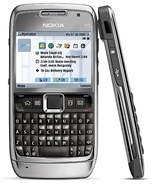 On the other hand, I am an MTC Touch client and I use their GPRS service which cost me US$20/month for 30MB of data, which I believe is fair and enough if used properly, larger packages are also available.
On the other hand, I am an MTC Touch client and I use their GPRS service which cost me US$20/month for 30MB of data, which I believe is fair and enough if used properly, larger packages are also available.
It is more convenient using such plan on a smart phone because it gives you more flexibility specially if you need to push more than 1 email address, I guess on Blackberry you are limited to only 1 email address, please correct me if I am wrong.
Lebanon was considered for many years before the civil war that started in 1975 and ended in 1990, as Switzerland of the Middle East, but I am not sure if this myth is still living specially that technologically we were left behind for quite a long time. Lately Lebanese consumers had a slight hope when the government lowered the mobile calling rates, for the first time since cell phones services were launched around 1995, consumers paid one of the highest cost in the world, the same price of US$0.13 (excl. VAT) per minute and for sms, is now US$0.11-(excl. VAT) and US$0.09-(excl. VAT) respectively.
Without mentioning the bad service on cell phones for the last few months, because as it seems the network when first installed had a certain capacity and the 2 companies are still issuing more sim cards serviced on the same network which is causing lots of technical interference when making calls.
Consumers still believe that these new low rates are expensive compared to other neighboring countries, they are looking for a new hope as rumors have been for long time talking about the privatization of the telecom sector in Lebanon and the arrival of a 3rd company that will push the competition harder.
Until this moment, all these are pure rumors and Lebanese consumers are still paying the highest rate for the lowest service no only in the region, but in the whole world.

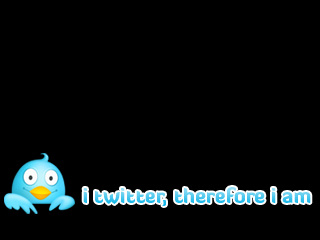
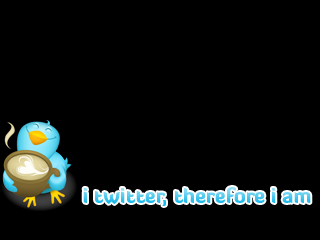
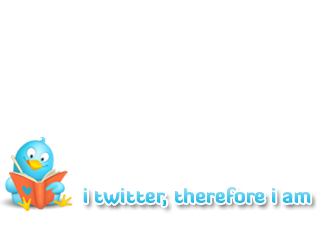
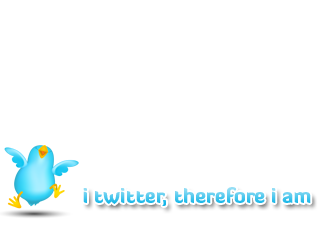
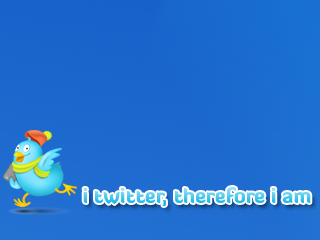
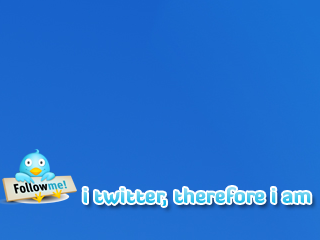
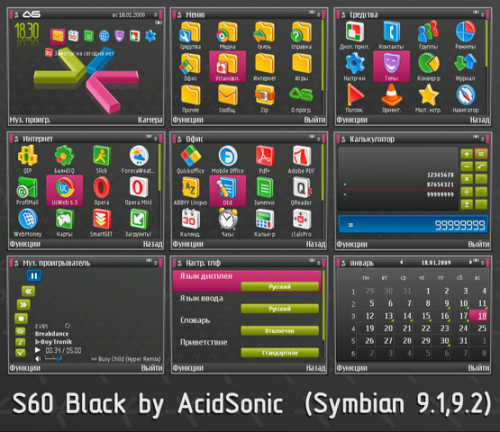

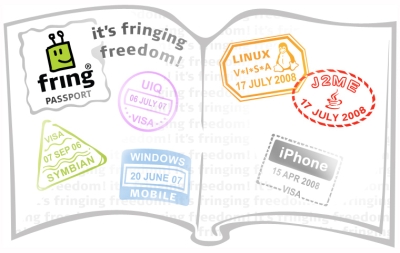
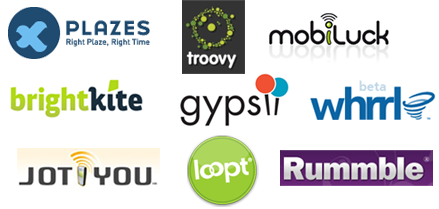
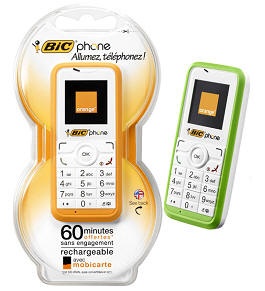 The BIC phone is ready to go! It comes with 60 free minutes, the battery charged, and the SIM card already in place. # With the BIC phone, you pay as you go, with a prepaid “mobicarte” refill card. # The BIC phone is easy to use since it focuses on cell phone basics: sending and receiving calls and SMS. # The BIC phone pack will be easy to find. It will be sold over the counter, in major supermarkets and local convenience stores (tobacco shops, newsstands, train stations, airports…), and will be available on 7 August 2008, at a suggested retail price of €49 including tax. The BIC phone will be sold in Metropolitan France only.
The BIC phone is ready to go! It comes with 60 free minutes, the battery charged, and the SIM card already in place. # With the BIC phone, you pay as you go, with a prepaid “mobicarte” refill card. # The BIC phone is easy to use since it focuses on cell phone basics: sending and receiving calls and SMS. # The BIC phone pack will be easy to find. It will be sold over the counter, in major supermarkets and local convenience stores (tobacco shops, newsstands, train stations, airports…), and will be available on 7 August 2008, at a suggested retail price of €49 including tax. The BIC phone will be sold in Metropolitan France only.



